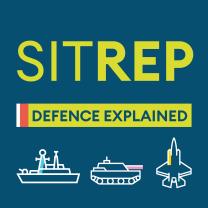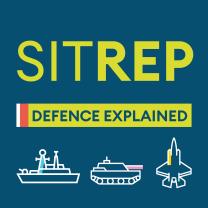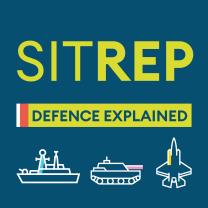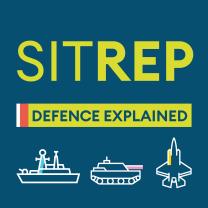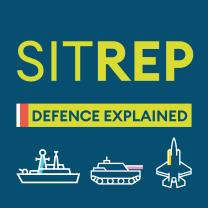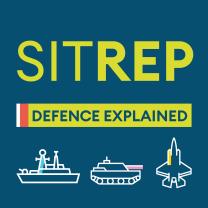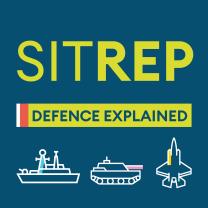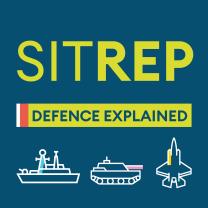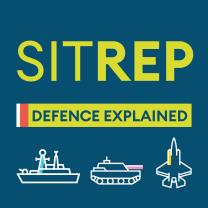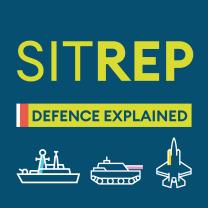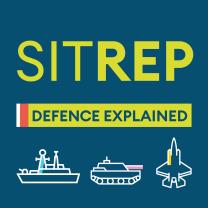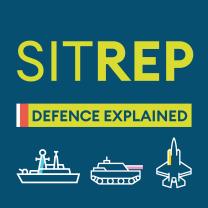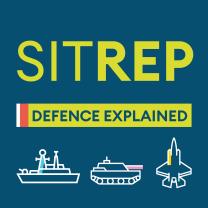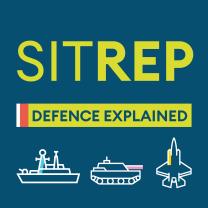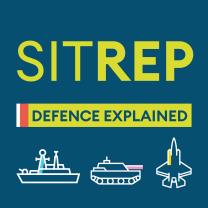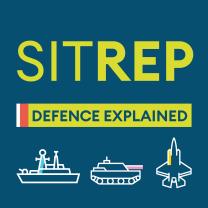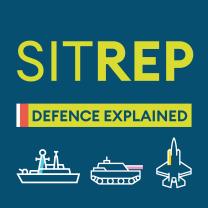
Armed forces complaints; Type 32 Frigate; Royal Marines
The Service Complaints Ombudsman tells Sitrep that - despite progress - the system for raising and addressing grievances in the military is not efficient, effective, or fair.
Sitrep looks at what we know so far about the promised Type 32 Frigate first mentioned by the Prime Minister in the funding...
Armed forces complaints; Type 32 Frigate; Royal Marines
The Service Complaints Ombudsman tells Sitrep that - despite progress - the system for raising and addressing grievances in the military is not efficient, effective, or fair.
Sitrep looks at what we know so far about the promised Type 32 Frigate first mentioned by the Prime Minister in the funding...





